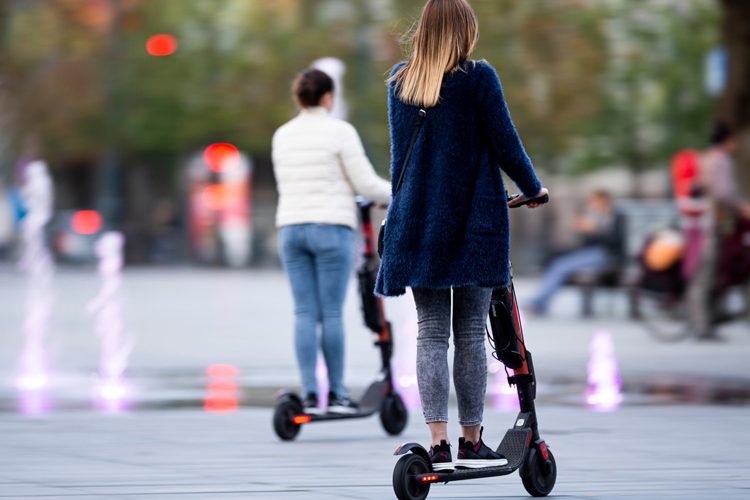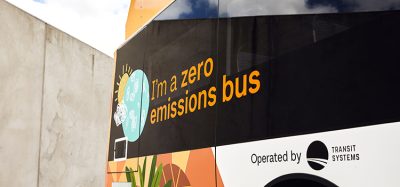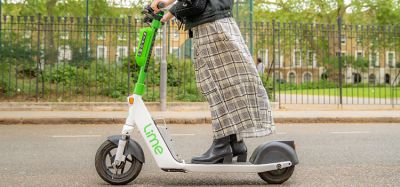ADEPT launches new policy position on e-scooters
- Like
- Digg
- Del
- Tumblr
- VKontakte
- Buffer
- Love This
- Odnoklassniki
- Meneame
- Blogger
- Amazon
- Yahoo Mail
- Gmail
- AOL
- Newsvine
- HackerNews
- Evernote
- MySpace
- Mail.ru
- Viadeo
- Line
- Comments
- Yummly
- SMS
- Viber
- Telegram
- Subscribe
- Skype
- Facebook Messenger
- Kakao
- LiveJournal
- Yammer
- Edgar
- Fintel
- Mix
- Instapaper
- Copy Link
Posted: 10 September 2020 | Sam Mehmet (Intelligent Transport)
The Association set out the benefits of e-scooters as well as suggestions for the Government on how to increase take up.


The Association of Directors of Environment, Economy, Planning and Transport (ADEPT) has said ‘it is time to embrace the benefits of e-scooters’ in a new paper.
ADEPT represents local authority county, unitary and metropolitan Directors. Operating at the strategic tier of local Government, members are responsible for delivering public services that primarily relate to the physical environment and the economy, which also have an impact on all aspects of England’s well-being.
The Association set out the benefits of e-scooters and its thoughts on how the Government can support increased take up as part of their commitment to improving air quality, reducing congestion and achieving its net zero carbon by 2050 target.
According to the paper, there are a number of questions and concerns around e-scootering that need to be answered, including whether they should be allowed in bus and cycle lanes, ensuring safety, age limits, technical standards and insurance.
ADEPT stated that it believes there is a role for Government in enabling policy changes to provide some consistency in law with e-bikes and to ensure inclusivity in deprived areas and communities, as well as rural areas with infrequent public transport.
Mark Stevens, Chair of ADEPT’s Engineering Board, said: “In the Environment Agency’s State of the Environment report, it states that air pollution is ‘the biggest environmental threat to health in the UK’. No-one should be complacent about this. COVID-19 has also shown quite starkly how poor air quality is a significant factor in the severity of the virus experienced by individuals.
“There are still questions to consider, but managed safely, e-scooters can be an important part of tackling poor air quality. They can be part of the first mile / last mile component of journeys between home, work, and transport hubs. Short journeys to local shops and schools can be on e-scooters (where age appropriate) reducing our dependence on the car and lowering emissions.”
The Association will be collecting evidence from members on rental trials, collating case studies and shaping best practice and has announced that it will develop guidance specifically for e-scootering.
Related topics
Mobility Services, Sustainable Urban Transport, Transport Governance & Policy, Vehicle & Passenger Safety
Related modes
e-scooters
Related cities
England
Related organisations
Association of Directors of Environment Economy Planning and Transport (ADEPT)
Related people
Mark Stevens








